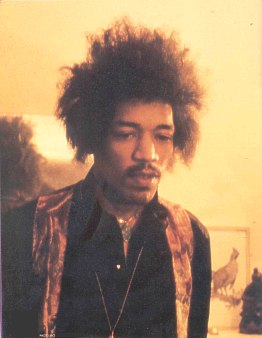
Brazil, Latin America's Goldilocks economy for much of the last decade, has lately rekindled the pessimism of those who never quite bought the idea that this emerging market had actually emerged. As a recent piece in Foreign Affairs put it: "The would-be giant stands on feet of clay. The economy depends too much on high commodity prices, and as demand falls, so may Brazil."
Even believers are getting cold feet. Wall Street has decided that Brazil's central bank is a bit too soft on money, now that real interest rates (nominal rates less the rate of inflation) have fallen to record lows. Indeed, inflation seems to be perking up, a reality that may chill foreign investors' recent enthusiasm for all things Brazilian. Is Brazil's time in the sun as the center-left Latin American economy with a brain as well as a heart coming to an end?
After growing at an average annual rate of almost 5 percent from 2004 to 2010 -- years in which poverty fell sharply and some 35 million Brazilians joined the middle class -- the economy faltered in 2011. Last year (a very good year, by the way, in most emerging markets) growth registered a disappointing 2.7 percent. Manufactures suffered in particular, as imported goods gained market share at the expense of local products.
Under pressure to restore the economic luster, the central bank, under its new leader, Alexandre Tombini, chose to make growth the highest priority. Interest rates have been pushed down by two-and-a-half percentage points since last August -- a policy made more palatable by the coordinated fiscal restraint orchestrated by the administration of President Dilma Rousseff. This sort of coordination is new for Brazil (and unusual for a developing country). During President Luis Inácio Lula da Silva's years in office, when the government walked a narrow line between populist and business-centric policies, the bank almost always acted independently.
But the economy has not responded as hoped. Growth in the first quarter of 2012 probably ran at a tepid annual rate of 3.2 percent, and manufacturing is still suffering. Hence the latest efforts to improve Brazil's competitiveness in global markets through central bank intervention in the foreign exchange market. In the last month, the Brazilian real has depreciated by about 12 percent against the dollar, and some analysts expect further decline. Plans are also afoot to lower the social security taxes paid by industrial firms as a means of reducing their production costs and making them more competitive abroad.
These short-term fixes are entirely consistent with President Dilma's longer-term strategy of applying hands-on industrial policy to stimulate innovation and technological advance. Among her initiatives: increased government spending on R&D, and expansion of government development bank lending to businesses at below-market rates. The 2014 World Cup and 2016 Olympics are fine excuses for public works that will have value long after the fun and games are over. And there's no doubt that the country's need for physical infrastructure -- roads, railways, ports, airports, urban improvement -- is massive. Moreover, with municipal elections just months away, and an administration eager to polish its populist credentials, education, health care, public housing and various anti-poverty measures are likely to benefit.
No comments:
Post a Comment